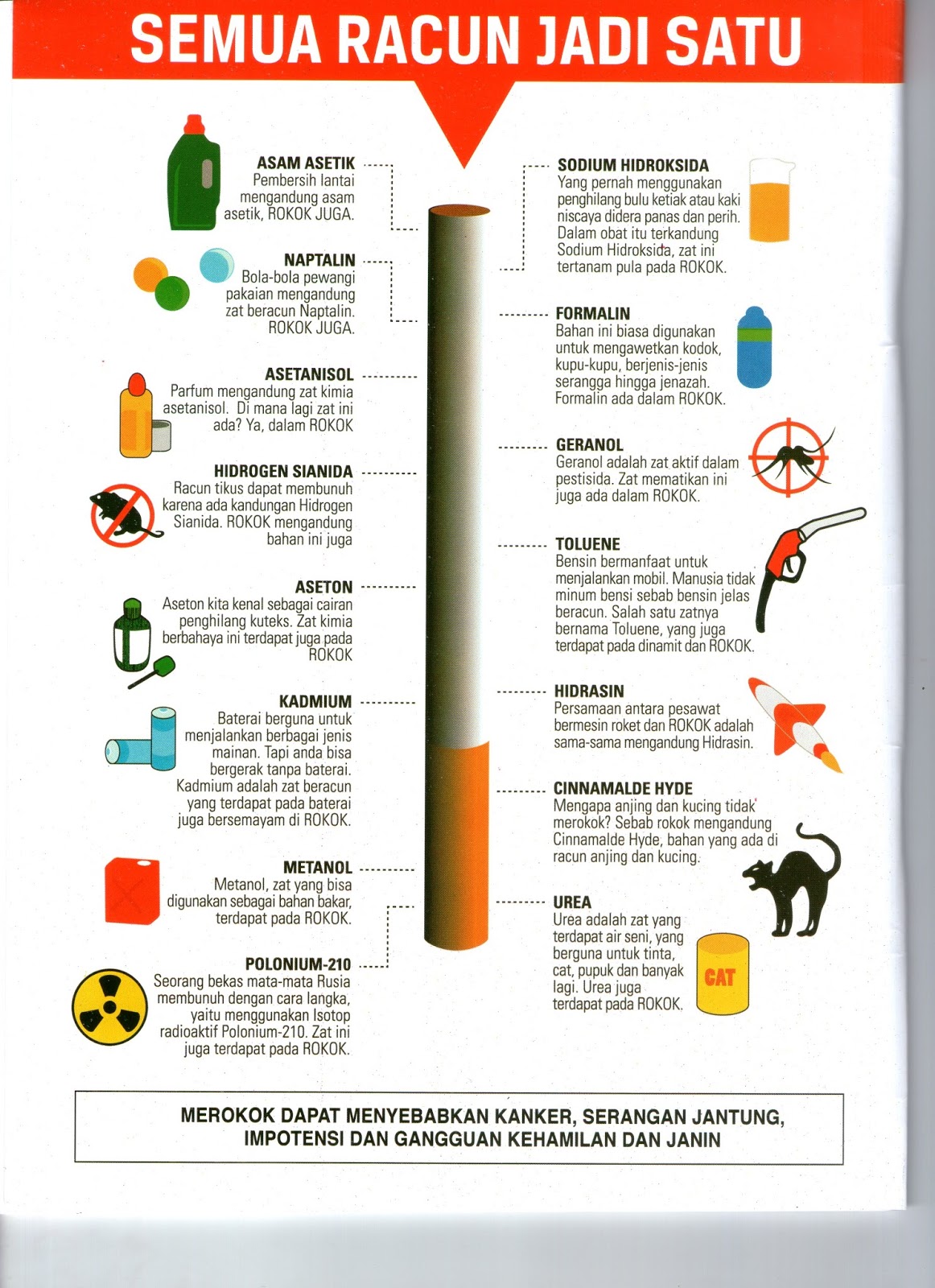Decoding Cigarette Smoke: A Deep Dive into Harmful Chemicals

What's lurking within the seemingly innocuous wisp of cigarette smoke? The answer is a complex cocktail of chemicals, many of which pose significant threats to human health. This exploration delves into the composition of cigarette smoke, examining the dangers posed by these substances and the broader implications for public health.
The composition of cigarette smoke is far from simple. It’s a swirling mix of over 7,000 chemicals, including at least 70 known carcinogens. These chemicals arise from the burning of tobacco and its additives, transforming into a hazardous aerosol inhaled directly into the lungs. Understanding this complex mixture is crucial for grasping the full extent of smoking's detrimental effects.
The story of tobacco and its inherent chemicals dates back centuries. Indigenous peoples in the Americas cultivated and used tobacco long before its global spread following European colonization. While initially used in various rituals and ceremonies, the practice of smoking tobacco eventually became commonplace, paving the way for the modern cigarette industry. This evolution, while marking a significant cultural shift, also laid the groundwork for a global health crisis.
The key issue with the substances in cigarette smoke lies in their toxicity and addictive nature. Nicotine, a highly addictive stimulant, is a primary driver of continued smoking. Other compounds like tar contribute to the development of lung cancer and other respiratory diseases. The combined effect of these chemicals creates a powerful and dangerous addiction with devastating health consequences.
Nicotine, a prominent substance found in cigarettes, acts as a powerful stimulant. It rapidly reaches the brain, triggering the release of dopamine, a neurotransmitter associated with pleasure and reward. This dopamine release reinforces the act of smoking, leading to addiction. Tar, another harmful component, is a sticky residue that coats the lungs and airways. It contains numerous carcinogens that damage lung tissue and contribute to the development of various cancers.
While there are no actual benefits to the substances found in cigarettes, understanding the perceived benefits can shed light on the complexities of addiction. Some smokers report stress relief from nicotine's stimulating effects, although this is a short-lived sensation quickly followed by withdrawal symptoms that perpetuate the cycle of addiction. Similarly, some individuals find the ritual of smoking to be socially comforting, despite the clear health risks.
Understanding the dangers associated with the substances in cigarette smoke is crucial for making informed decisions about tobacco use. Resources from organizations like the American Cancer Society and the World Health Organization provide valuable information about quitting smoking and the associated health benefits. Numerous apps and websites offer support and guidance for individuals seeking to quit, providing tools and strategies for overcoming addiction.
Advantages and Disadvantages of Cigarette Smoke Components
| Component | Advantages | Disadvantages |
|---|---|---|
| Nicotine | (None. Perceived short-term stress relief is overshadowed by addiction and long-term health risks.) | Highly addictive, increases heart rate and blood pressure, contributes to cardiovascular disease. |
| Tar | None | Damages lung tissue, causes cancer, contributes to respiratory diseases. |
Frequently Asked Questions:
1. What are the main chemicals in cigarette smoke? Answer: Cigarette smoke contains thousands of chemicals, including nicotine, tar, carbon monoxide, and formaldehyde.
2. What is nicotine? Answer: Nicotine is a highly addictive stimulant found in tobacco.
3. What is tar? Answer: Tar is a sticky residue that coats the lungs and contains numerous carcinogens.
4. How does smoking affect the lungs? Answer: Smoking damages lung tissue, increasing the risk of lung cancer, emphysema, and bronchitis.
5. What are the long-term effects of smoking? Answer: Long-term effects include cardiovascular disease, cancer, respiratory problems, and premature death.
6. How can I quit smoking? Answer: Numerous resources are available, including support groups, medication, and nicotine replacement therapy.
7. What are the benefits of quitting smoking? Answer: Quitting smoking reduces the risk of numerous health problems and improves overall quality of life.
8. Where can I find more information about quitting smoking? Answer: The American Cancer Society, the World Health Organization, and numerous other organizations offer valuable resources.
Tips and tricks for quitting smoking involve combining various strategies. Seeking support from friends, family, or support groups can provide encouragement and accountability. Nicotine replacement therapy can help manage withdrawal symptoms, while behavioral therapy can address the psychological aspects of addiction.
In conclusion, the chemical composition of cigarette smoke presents a stark picture of the dangers inherent in tobacco use. The multitude of harmful chemicals, including nicotine and tar, contribute to a range of severe health problems, from lung cancer to cardiovascular disease. Understanding the composition of cigarette smoke and the detrimental effects of these substances is paramount for informed decision-making. By disseminating knowledge about the harmful constituents of cigarettes, empowering individuals to quit, and advocating for stronger public health policies, we can collectively strive to mitigate the devastating impact of tobacco use. Quitting smoking, while challenging, is a crucial step towards a healthier future, offering significant improvements in both individual and public health. It's a journey worth undertaking, and with the right resources and support, it's a journey that can be successfully completed.
Art for kids hub birthday cake video guide
Your iowa city home improvement needs menards
Audi rs3 saloon grey unleash the beast in style












